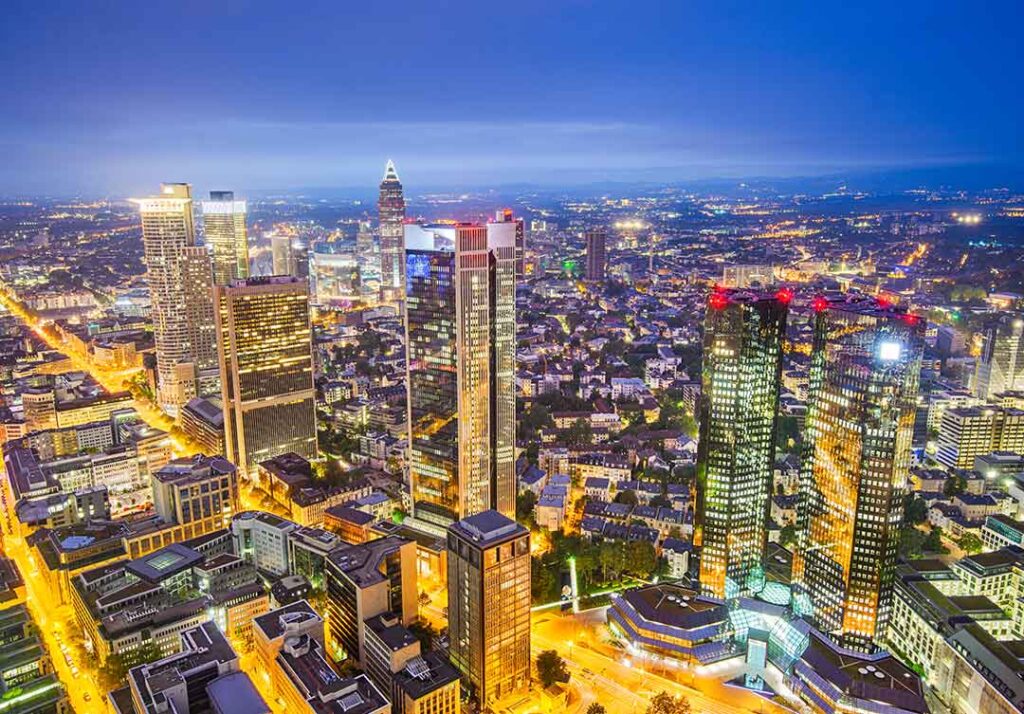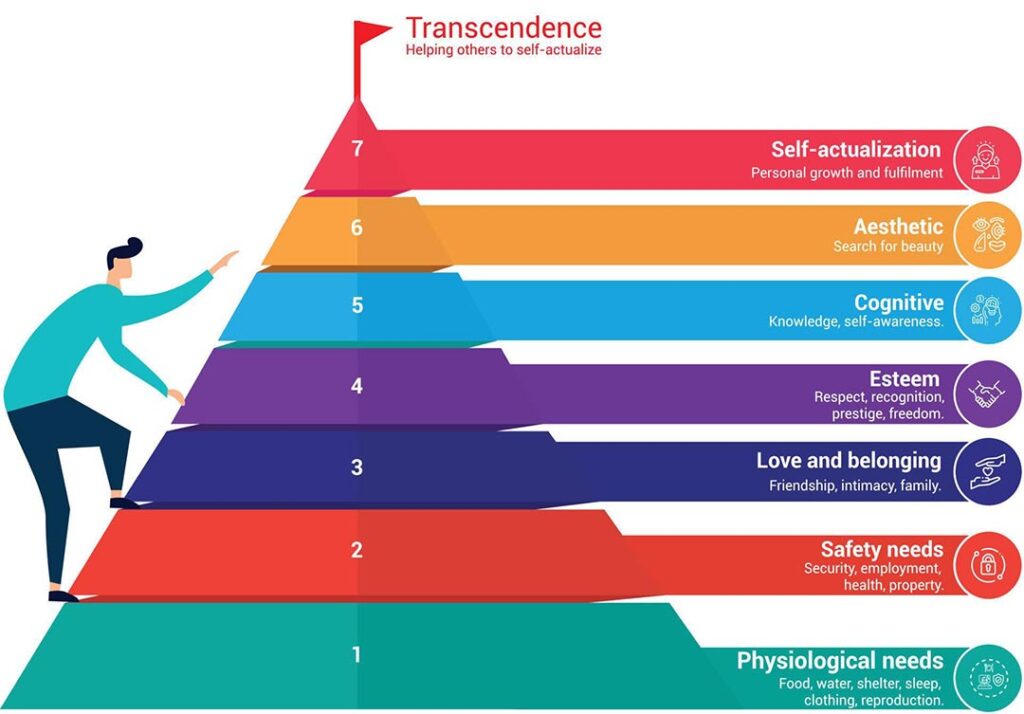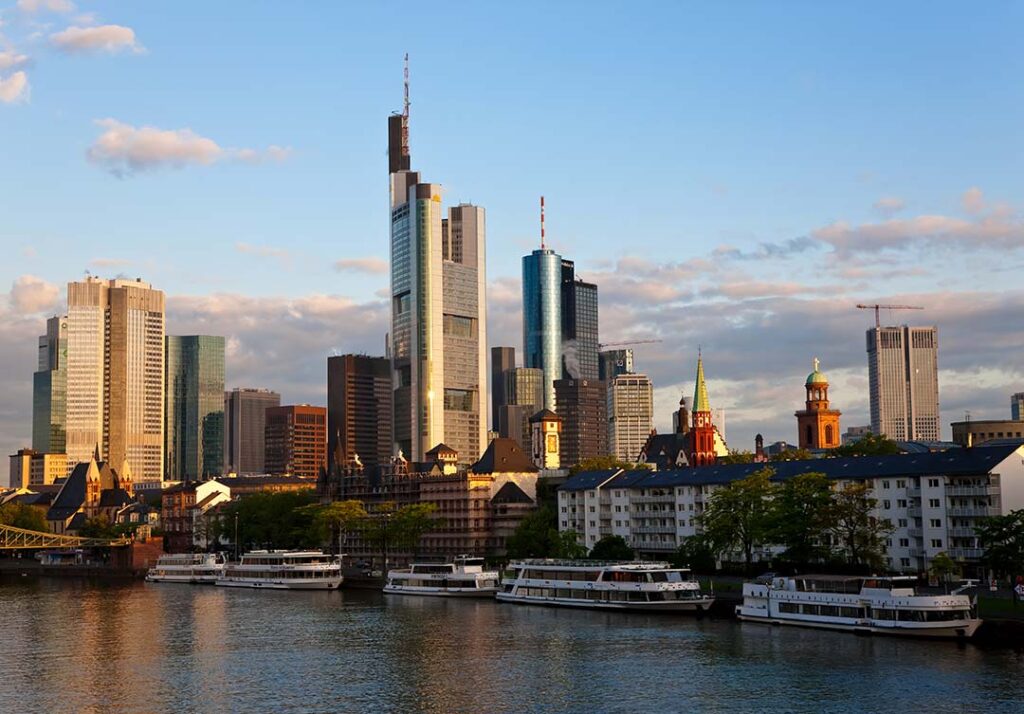All creatures evolve to best adapt to environmental impacts. Those who are best adapted to environmental conditions continue to survive, while those who cannot adapt sufficiently to these conditions die. This is called natural selection. This concept, which is a biological term, is also used for the financial sector. Climate change is changing environmental conditions at an unusual speed. It is not easy to adapt to these rapid changes caused by the development of the industry. In other words, companies that are strong and adapted can continue their activities, while companies that cannot adapt to developments have difficulty.
Some of the rays coming from the sun must stay on the earth's surface to keep the temperature balance in the world at a life-sustaining level. This is possible as a result of some gases called greenhouse gases that contain gases such as carbon dioxide. These gases have started to be released into the atmosphere more frequently with industrialization. For example, according to the World Wildlife Fund (WWF), carbon dioxide emission into the atmosphere has increased by 40% since 1750. This means more heat retention on the earth, and as a result, the average temperatures in the world have also increased. Because of this temperature change, climates change and the frequency of extreme events' seen increases.
The most important reason for the increase of greenhouse gases is the human factor. Since more of the heat from the sun is stayed in the world due to the increased carbon dioxide emission caused by the development of the industry, the average temperature in the earth is also increasing. Increasing fossil fuel use, especially in industry and in daily life, causes an increase in carbon dioxide in the world. According to WWF, 43% of greenhouse gas emissions come from coal, 36% from petroleum and 20% from natural gas.
Another activity of people that increases greenhouse gas is the decrease of forests. The most important reason for the decrease of forests is uncontrolled tree cutting. In other words, the green areas in the world are decreasing because more trees have cutten from the planted tree. This threatens life as well as causing some disasters such as landslides. Also, uncontrolled agriculture and the use of toxic pesticides and fertilizers are among the main factors that decrease the number of trees in the world. Another human factor causing deforestation is forest fires. Various materials left in the forest are triggered by natural events, causing forest fire and drought. Picnic in the forests is one of the most important reasons for this. Because after the picnic,leaving the burning coals or throwing the glass residues to nature is threatening nature by interacting with factors such as wind and sun. The most important effect of climate change is that it increases the disasters in the world. Landslides, floods, excessive precipitation, colds, and temperatures that increase as a result of the deterioration of climate balance damage many sectors. Damaged sectors cover these losses with either insurance, either borrow, either using their capital or pull out of the market. However, it is clear that pull out of the market will have very bad results for the economy. First of all, this situation caused economic shrinkage and unemployment. Because the company's bankruptcy not only affects negatively the employees and capital owners of that company but also decreases the tax that the government will receive. Therefore, negativities have an effect throughout the country.
Firms that went bankrupt as a result of the disasters cannot repay their loans. For this reason, financial institutions that provide loans also feel the effects of these disasters. Such that, if there is no fraud, that it is clear that a company that has a bankruptcy petition cannot pay the debt. Therefore, probably the follow-ups made by the banks will be inconclusive and financial institutions will not be able to get their money back. This will negatively affect the profitability of banks. When all these factors are brought together, both national and global crises break out and the results of these disasters are felt heavily by each individual.
Disasters do not only affect manufacturing companies. For example; Floods or landslides leave many people homeless. The productivity of people who are left homeless will decrease, they will become more indebted and their ability to pay their current debts will decrease. In addition, state assistance will also return as taxes. It cannot be denied that increasing taxes are another factor that aggravates the situation of the sectors and triggers the crisis. For example, as a result of Hurricane Katrina that occurred in the US state of Louisiana in 2005 thousands of people died and millions of people had to move. It is more clearly understood by the figures that such a movement has devastating effects on the country's economy. According to the research, 10% of the banks in the region made losses that year and 50% of them had problems in getting their loans back. Hence, uncertainty had increased and the economy stagnated due to people reduced their money spending.
Another effect of climate change is bankruptcy, not caused by disasters, but caused by anti-climate change policies. For example, it is aimed to decrease greenhouse gas emissions with the regulations. As a result of these regulations, it is clear that companies that have a great contribution to greenhouse gas production and produce fossil fuels will suffer. Therefore, as a result of the regulations that make the activities of these companies difficult or impossible, these companies will also have economic problems and will have the problems mentioned above.
According to the WWF Turkey report, a rapid temperature increase is expected in Turkey after 2030 compared to the 2nd half of the 20th century. This temperature is expected to increase by 4 degrees in winter and 6 degrees in summer. Likewise, the amount of rainfall per square meter in Turkey is expected to decrease throughout the winter months. However, this situation is not only limited to Turkey. The World Meteorological Organization states that the world has the hottest temperatures in the last 22 years and foreseen that if it is continued in the same way, there will be 3 or 5 degrees of temperature increase in the 22nd century. The most observable effect of global warming is seen in glaciers. Glacial areas, which were 7.7 million km2 in 1980, decreased to 4.2 million km2 in 2019.
Decreasing greenhouse gas emissions is the primary precaution to be taken against climate change. Although this situation can be prevented to some
extent by state-based regulations, the biggest duty falls to companies and people. Turning conservation electric power and choosing vehicles that use this energy may be a good start. On the other hand, the companies' adoption of the sustainability policy and the consideration of this factor by the financial institutions when lending is another measure that can be taken against climate change. On the other hand, increasing energy efficiency, carrying out planting works and preventing the destruction of forests are among other measures that can be taken. Banks' view of the events with a broad perspective and considering possible climatic risks in the credit process will prevent banks from loses.
It is an incontestable fact that climate change endangers the life we familiar with. Because the decrease of forests and the increase of greenhouse gases increase disasters such as floods, landslides and droughts. Moreover, unfreezing not only threatens wildlife but also causes rising water levels. For this reason, it is foreseen that some land parts will be submerged in the future if we act like our current acts. Such changes and disasters affect many industries deeply, and naturally, affect the banking and finance sectors. However, if we take the necessary precaution in time, it is possible to minimize the effects of climate change.
Share:
Related Articles

Understood Employees Contribute and ...
In the corporate world, we often hear statements like: “They’re talented, b ...

The Silent Power of Corporate Succes ...
In today's business world, organizations operate in an environment shaped b ...

Customer Relations and Training in B ...
Bancassurance, a business model in which banks market insurance products to ...

What Awaits the Business World? A St ...
Digitalization is no longer just a technological trend but a necessity for ...

Digital Transformation in Conflict M ...
Conflict is a reality we encounter in all aspects of life. Whether at home, ...

The Road to Success: Market Dynamics ...
In today’s rapidly changing market conditions, the importance of management ...

Leadership in the Digital Age: A New ...
Leadership in the digital age requires embracing continuous learning, innov ...

Mastering Risk Management
Mastering risk management is not merely an option for businesses but a nece ...

International Banking in Germany: A ...
Germany, with its strong industrial structure, high-technology products, an ...

Leadership and Maslow's Hierarchy of ...
Abraham Maslow's hierarchy of needs is a fundamental psychological theory u ...

Leadership and Sustainability of Org ...
Today's business world is characterized by continuous change, technological ...

The Importance of Coaching Skills f ...
The Importance of Coaching Skills for LeadersCoaching skills are essenti ...

Fintech in Turkey: The Rise of Finan ...
Fintech in Turkey: The Rise of Financial Technology

Bancassurance
Bancassurance is a business model that is among the financial services offe ...

Banking and Frankfurt
When the banking and finance sector in Europe is analyzed, it is seen that ...

Digital Banking and Germany
Digital banking is a banking service where customers can do their banking o ...

Banking in Germany
Euro used since 2002 in The Eurozone, the currency of 19 EU members. There ...

Strategic Communication
Strategic communication plays a critical role in the success of an organiza ...

Importance of Supply Chain
The supply chain is a critical factor in which a company manages the flow o ...

Key to Success: Going Digital
Digital transformation is a transformation process that aims to increase th ...

Welfare
Poverty and inequality are one of the biggest challenges the current societ ...

ChatGPT
ChatGPT, developed by the OpenAI company known for its work and research in ...

What is Emotional Intelligence and w ...
Emotional intelligence (also known as emotional quotient or EQ) is the abil ...

The Importance of Women's Employment ...
Women's participation in the workforce is closely related to the level of d ...

Digital Banking II – Digital Banking ...
A serious step taken for the spread of “digital banking” in Turkey, providi ...

The Perception of Morality within Ma ...
If everybody in the world jumped out of a window, would you? This question ...

Digital Banking
Digital banking is a banking technology that offers customers the opportuni ...

Banking, Artificial Intelligence and ...
We have heard the concepts of metaverse, artificial intelligence and machin ...

Green Asset Ratio
Sustainable finance has an important place among the investments made for t ...

Servant Leadership
There is an effective form of management that we often hear about today: se ...

Sustainability In The Global Banking ...
Before Covid-19 wreaked havoc on the world’s economies, the global banking ...

Revolution of Digital Banking
With the European Central Bank considering to investigate for a digital cur ...

Taking Action and Making Decisions i ...
Uncertainty is the fact that an event is not within the framework of certai ...

Wind of Change
Change is an important concept that must be managed for employees at all le ...

Organizational Justice
“What is justice? Giving water to trees. What is injustice? To give water t ...

Open Banking
Digital transformation has started to show its effects in every aspect of o ...

Digital Literacy And Corporate Life
There are many innovations that managers and employees need to follow in or ...

Financial Literacy
The words money and economy are two important concepts that have a great pl ...

Sustainability and Bank
The solutions we have found to our various needs throughout history and ada ...

Adaptability, Flexibility and Leader ...
Being able to adapt to changing conditions is very, very important not only ...

Creativity and Leadership Relationsh ...
The world is getting more competitive every day. For this reason, the servi ...

Competitive Analysis and Banking Sec ...
Competition analysis requires you to examine your direct and indirect compe ...

Delegation in Management
The statements "two heads are better than one" or "teamwork makes the dream ...

Climate Change
All creatures evolve to best adapt to environmental impacts. Those who are ...

Change of Banking Service Channels i ...
Global crises such as the pandemic, force the existing structures to change ...

Innovation
It is undeniable that innovation has a very important place in today's worl ...

Artificial Intelligence
Artificial intelligence is no longer just something specific to science fic ...

Entrepreneurship
Entrepreneurship is the process of starting a new business that incorporate ...

Global Leadership
The world is changing day by day and the information we have today is out o ...

Resilience and Leadership
We encounter many events in life that cause us difficulties and stress. How ...

Entrepreneurial Spirit for Leaders
Why is important for success? The conventional perception of entrepreneursh ...

Finance Leadership in a Pandemic
Crises bring along a period in which institutions need to review their fina ...

Crisis Management
Crisis is a state of tension that puts the existence and goals of an organi ...

Strategic Leadership and Pandemic
Strategic Leader is the person who sets the roadmap to achieve the ultimate ...

Awareness, Appreciation, Success
It is very important for a person to recognize himself, discover his power ...

Woman and Career
People who are raised by unemployed mothers have a mother model in their mi ...

Conflict Management
In the broadest sense, conflict is disagreement between two or more people ...

Leading with Kindness
Kindness is an important virtue. Kindness in all areas of life makes relati ...

Smart Meetings
Meeting management is the process of managing all stages and components of ...

Negotiation Management
Negotiation is defined as a dialogue aimed at reaching a common and benefic ...

Virtual Leadership
The repercussions of the digitalization process in business life were sprea ...

Manager and Patience
Patience is an important concept in management. Patience is active, not pas ...

Being All Ears
Human beings differ from other creatures in their way of communicating. Com ...

Networking
The fact that managers in the corporate world act with awareness of network ...

Asking Strong Questions
For managers, asking a strong question is an important skill. Managers, who ...

Managing Yourself
The manager at work is in communication with the other parts of the busines ...

Mental Immunity
In the fight against Coronavirus (Covid-19) pandemic, knowledge and awarene ...

